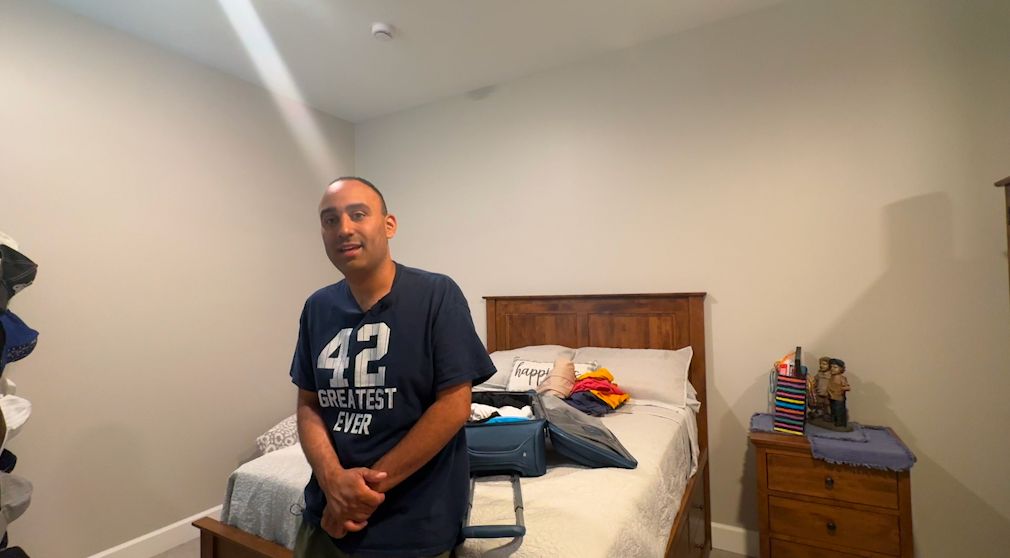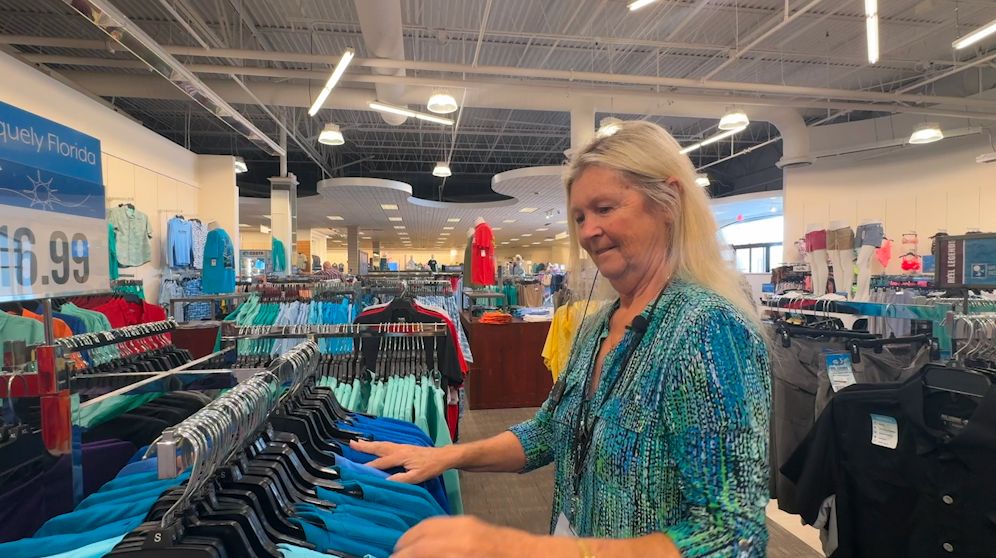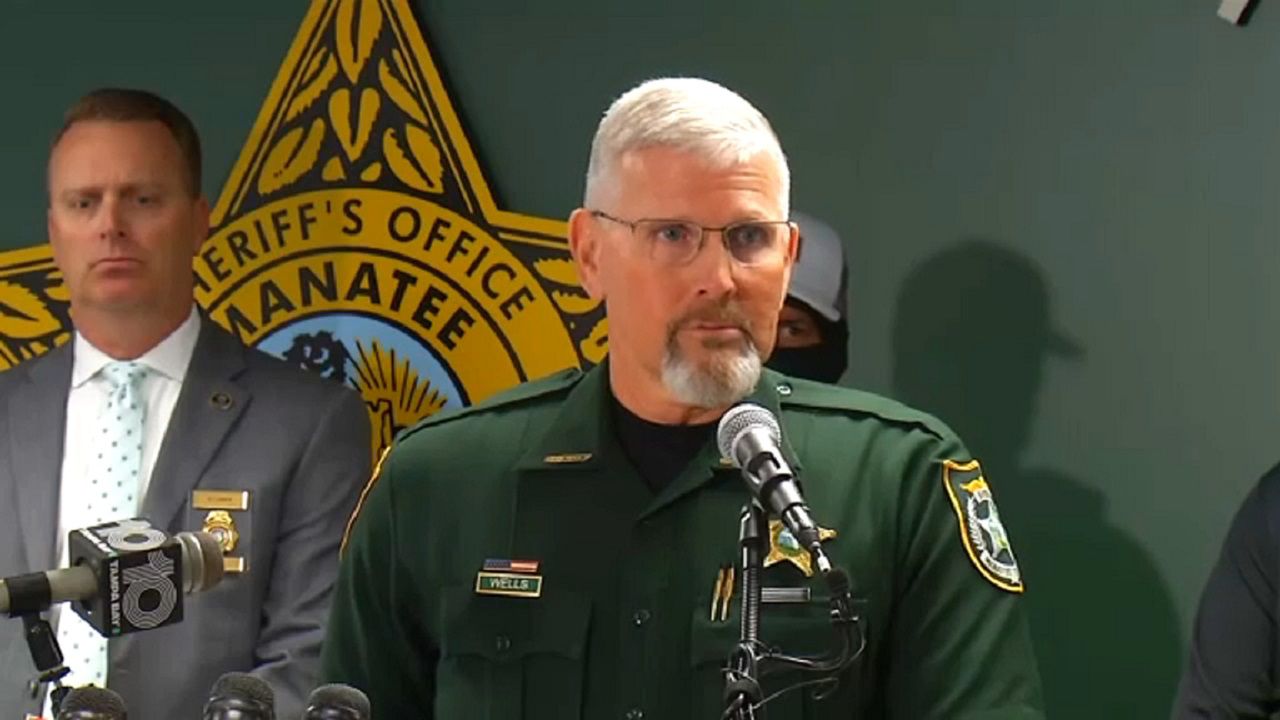MANATEE COUNTY, Fla. — Anti-human trafficking organizations in Manatee County are feeling the impact of low funding due to budget cuts from the state.
One grant specifically affected is the Victims of Crime Act (VOCA), providing money for direct services like counseling for victims.
What You Need To Know
- Anti-human trafficking organizations in Manatee County are experiencing funding issues due to budget cuts from the state
- The Victims of Crime Act (VOCA), which grants nonprofit organizations funding to pay for services, was cut by roughly $800,000 for this year
- According to Selah Freedom Executive Director Stacy Efaw, the money pays for counseling services, food, clothing, along with medical and dental coverage, and transportation
- Efaw said her organization have to find other ways of funding those sex trafficking survivors that were covered by VOCA
Dr. Jason Quintal is committed to researching extensively to help his patients.
“I’ve been doing this since 2012, working with victims of sex trafficking,” he said.
Despite being a mental health counselor for decades, he works with several anti-trafficking nonprofits like Selah Freedom, which deals with 300 sex trafficking victims annually, including 40 in Manatee County. The organization notes an increase in the number of victims.
Quintal helps patients from there every week, stating, “I would say 90 percent of the time, we are getting people dramatically better from this stuff. The error in our profession is treating trauma as something buried that we have to get out. The real nature of why we are troubled is their brain emotionally never got the good news they survived the experience.”
However, the nonprofits’ main source of funding to pay for counselors like Quintal comes from the Victims of Crime Act. The funding was cut by roughly $800,000 for this year and more than a million dollars the year before.
“These are people that don’t have the funds themselves to be able to resolve the challenges they are having, and many nonprofits like Selah Freedom are providing an invaluable service,” he said.
According to the executive director of Selah Freedom, the money pays for counseling services, food, clothing, along with medical and dental coverage, and transportation. In a statement to Spectrum News, Executive Director Stacy Efaw wrote, “Currently, the demand for service from survivors has increased significantly, to where we are on a 2-month wait to get someone into our assessment home. We have the physical room to add more beds for survivors but lack the funding. It’s heartbreaking to not be able to serve them only due to a lack of funding.”
Regardless, the executive director tells us they have no plans on cutting any positions, but will have to find other ways of funding those sex trafficking survivors that were covered by VOCA. It’s a need to continue funding resources like counselors.
“I don’t think that there could be anything better to do because the difference you are able to make with these women and with people, in general, you are healing wounds,” Quintal said.









